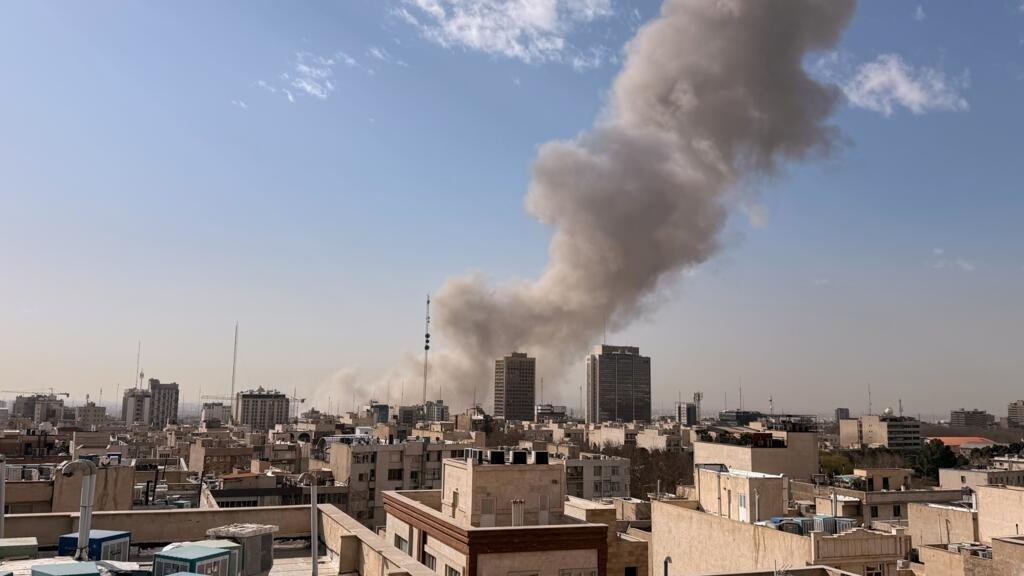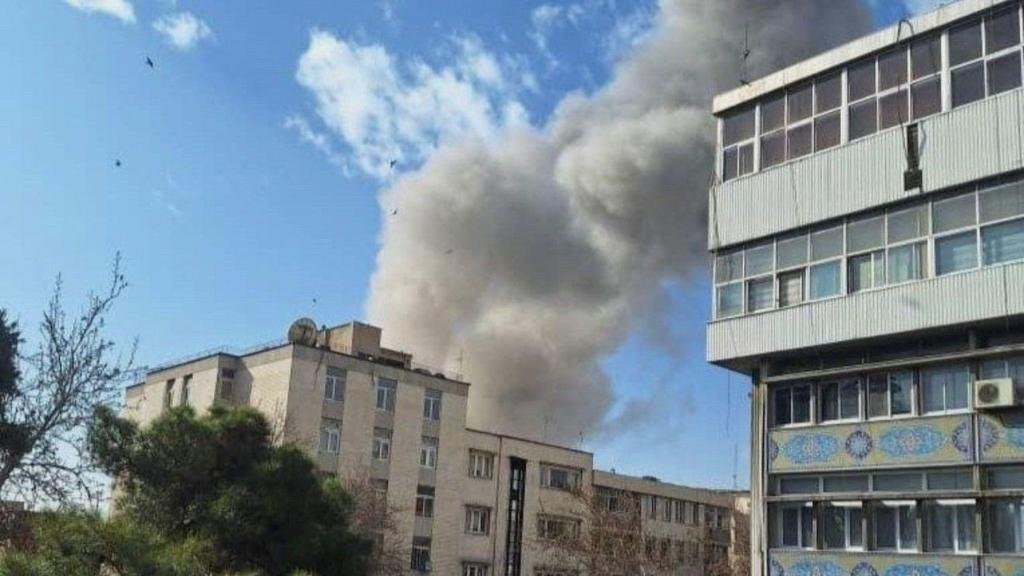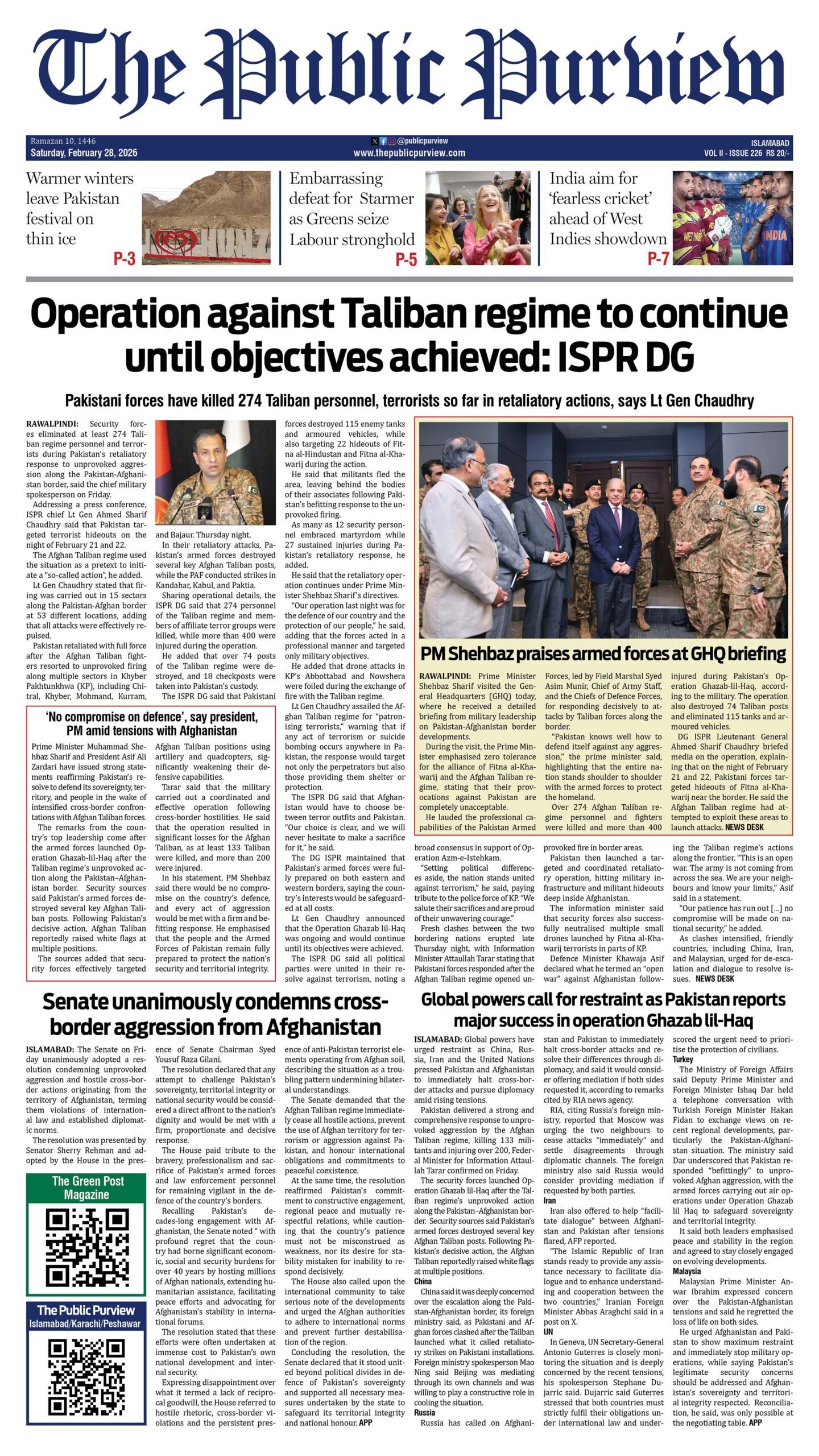by Mujtaba Qayyum
Egypt is at the heart of Gaza’s unfolding crisis, emerging as a central actor in peace efforts, humanitarian aid, and Palestinian advocacy. As Gaza is facing one of the most severe crises in recent memory. Families live in constant fear, homes lie in ruins, and even the simplest acts, from fetching water and buying food to caring for children, have become acts of courage. The devastation is daily and immediate. Children huddle under the rubble of bombed buildings. Mothers wait hours for medical aid that may never come. Fathers search for loved ones in destroyed neighborhoods. Expert analyses and United Nations reports have confirmed that the attacks amount to genocide, with widespread civilian deaths and destruction of essential infrastructure.
In this context, Egypt has emerged as a central actor. Its involvement is shaped by geographic proximity and longstanding historical, political, and moral ties to the Palestinian cause. Cairo has worked to balance diplomacy, humanitarian relief, and security while insisting that Palestinian homes and communities must be preserved. From the start, Egypt has placed itself at the center of international efforts, addressing urgent needs while supporting long-term solutions.
Since the outbreak of the conflict, Egypt has stepped up assistance in political and humanitarian arenas. Through continuous communications, meetings, and press briefings, the leadership has repeatedly stressed that the forced displacement of Palestinians is unacceptable.
On 21 October 2023, Egypt hosted the Cairo Peace Summit, the first international gathering focused on Gaza, with broad Arab and international participation. The summit highlighted Cairo’s commitment to advocating for Palestinians. In March 2025, an Arab-Islamic summit in Cairo reached a consensus on Egypt’s reconstruction plan for Gaza, demonstrating its proactive role in shaping regional solutions. Egypt also presented its positions before the International Court of Justice regarding Israeli practices in Palestinian territories and signaled its intention to support lawsuits filed against Israel, including one initiated by South Africa.
Egypt has worked tirelessly to unify Palestinian factions amid efforts by Israel to undermine national cohesion. In October 2024, Cairo hosted meetings between Hamas and Fatah to encourage reconciliation and prepare for the post-conflict period. Discussions included an Egyptian proposal to establish a community-support committee to administer Gaza. Egypt emphasized the need to revive the political process between Palestinians and Israelis, advocating conditions for a two-state solution while recognizing that a settlement focused solely on Gaza would not ensure lasting peace without rebuilding trust.
Egypt has also played a central role in cease-fire negotiations between Israel and Hamas. In November 2023, Egyptian-led communications involving Israel, Palestinian factions, Qatar, and the United States resulted in a seven-day humanitarian pause. The truce allowed the release of 80 Israelis, three bodies, and 22 foreign nationals, while Israel freed 240 Palestinian women and children from its prisons and permitted expanded humanitarian aid into Gaza. Egypt continued coordination with all parties, culminating in the Israeli-Palestinian agreement of 19 January 2025.
The agreement, implemented in three 42-day phases, included the release of 33 Israeli hostages in exchange for 1,924 Palestinian prisoners, allowed 600 aid trucks into Gaza daily, partial Israeli withdrawals, and reopening the Rafah border for 50 injured Palestinians each day. Yet Israel’s unilateral military action on 18 March 2025 disrupted the plan and reignited hostilities. Even amid relentless Israeli attacks, Egypt has pressed forward to secure humanitarian pauses and protect civilians.
In April 2025, brokers persuaded Hamas to release the American-Israeli hostage Alexander Edan, showing that dialogue remains possible. On 15 August 2025, a proposal for a 60-day temporary cease-fire, including the release of 10 hostages and 18 bodies and continued aid delivery, was accepted by Hamas, but Israeli conditions prevented its implementation. Egypt continues to advocate for renewed negotiations even after the Israeli strike on Hamas’ delegation in Doha on 9 September 2025.
Egypt’s engagement extends beyond diplomacy to addressing the humanitarian crisis. Working with international relief agencies, Cairo has facilitated aid through Al Arish airport in North Sinai, supplying the majority of assistance. After Israel took control of the Rafah crossing on 8 May 2024, Egypt increased aid deliveries via Karem Abu Salem crossing, reaching up to 250 trucks daily. On 2 December 2024, Egypt hosted a humanitarian conference to coordinate relief and reconstruction plans. Camps in Deir al Balah, Rafah, and Khan Younis have provided essential care for displaced Palestinians, including emergency medical aid, food, and shelter. Egypt has consistently pressed for reopening crossings and removing obstacles to daily aid.
While Egypt has played a leading role, it has not acted alone. Regional and international actors, including Qatar, the United States, and other Arab countries, have contributed to diplomatic efforts and humanitarian support. Egypt’s approach balances coordination with these partners while asserting a proactive and stabilizing role in Gaza.
Egypt’s efforts show a careful strategy to meet immediate needs while supporting longer-term political solutions. Its actions reflect strategic foresight, moral responsibility, and a deep connection to the Palestinian cause. In a region scarred by repeated conflict, Cairo’s persistent diplomacy, relief efforts, and coordination demonstrate measured engagement and highlight its contribution to Gaza’s present stability and prospects for the future.
At the same time, Egypt alone cannot resolve the broader Palestinian issue or the complexities of the Middle East. Cairo faces economic challenges and must prioritize the safety of its citizens while navigating a region marked by conflict. Neighboring countries such as Sudan, South Sudan, Syria, Lebanon, Yemen, Iraq, and Libya continue to face their own crises, while wealthier Arab nations with stronger political leverage over Israel have not assumed equivalent responsibility. While it is fair to call on all governments to contribute, Egypt’s efforts stand out for the tangible impact they have achieved under extremely difficult circumstances.
For more related stories visit: https://thepublicpurview.com/?s=gaza
Stay updated with verified reports, impactful headlines, and real-time coverage. We bring you trusted news from across Pakistan and beyond. For full stories, in-depth analysis, and exclusive updates, follow or visit our website. Your source for credible journalism, national resilience, and the voices that matter most—delivered with clarity, urgency, and integrity.
For climate-related stories, visit: The Green Post







 Today's E-Paper
Today's E-Paper